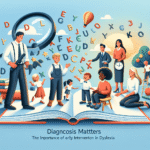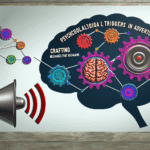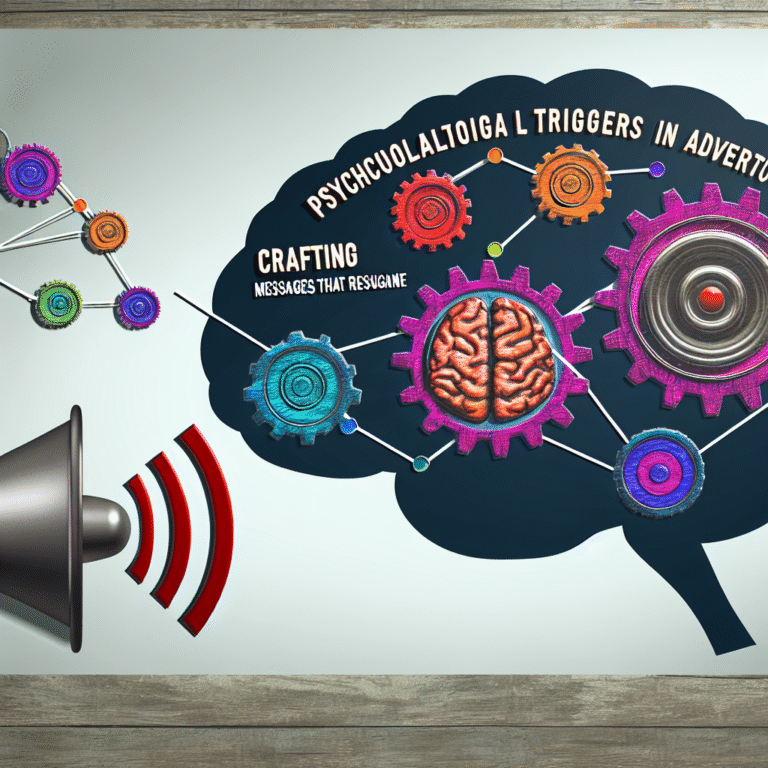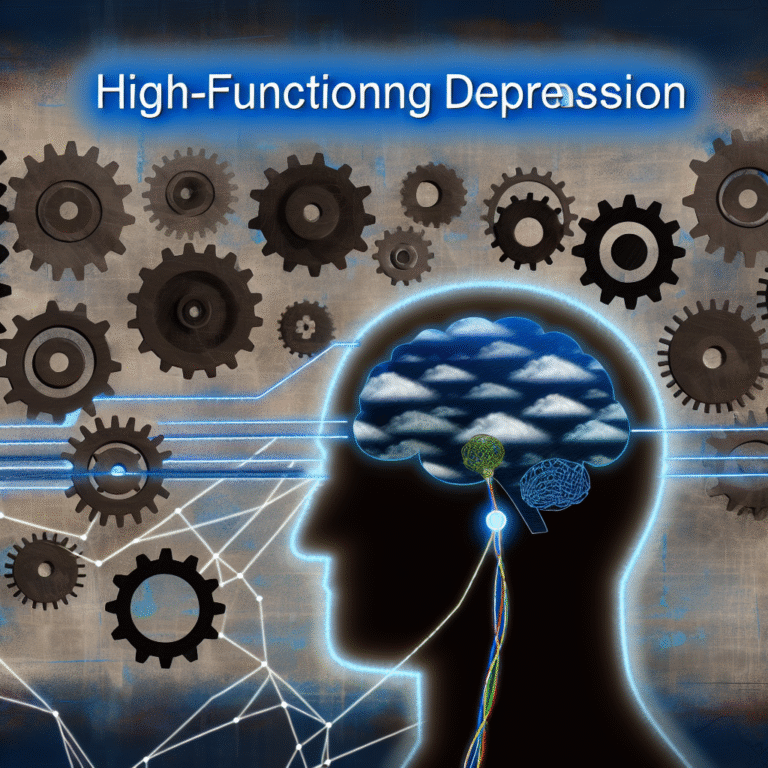
Personality Disorders 101: Types, Symptoms, and How They Affect Everyday Life
Introduction
Personality disorders are not just clinical terms relegated to the confines of a psychologist’s office; they represent the intricate tapestry of human behavior that can significantly influence everyday interactions and overall quality of life. Imagine navigating relationships, careers, and personal aspirations with a predisposition for emotional instability or rigid behavioral patterns. The reality is, personality disorders are more common than one might think—affecting millions globally. In this article, we’ll dive deep into the world of personality disorders, shedding light on types, symptoms, and, most importantly, how they affect everyday life.
Understanding Personality Disorders
Before we get into the nitty-gritty of Personality Disorders 101: Types, Symptoms, and How They Affect Everyday Life, it’s crucial to grasp what personality disorders are. These are enduring patterns of behavior, cognition, and inner experience, differing markedly from cultural expectations. They usually manifest in ways that lead to distress or impaired functioning in social, occupational, or other important areas.
Types of Personality Disorders
Personality disorders are categorized into three clusters, each encompassing several specific types:
Cluster A (Odd or Eccentric Disorders):
- Paranoid Personality Disorder: Characterized by pervasive distrust and suspicion of others.
- Schizoid Personality Disorder: Marked by a detachment from social relationships and a restricted range of emotional expression.
- Schizotypal Personality Disorder: Features discomfort in close relationships, cognitive or perceptual distortions, and eccentric behavior.
Cluster B (Dramatic, Emotional, or Erratic Disorders):
- Antisocial Personality Disorder: Disregard for the rights of others, leading to deceit and manipulation.
- Borderline Personality Disorder: Instability in interpersonal relationships, self-image, and affects marked by impulsivity.
- Histrionic Personality Disorder: Excessive emotionality and attention-seeking behavior.
- Narcissistic Personality Disorder: Grandiosity, need for admiration, and a lack of empathy.
- Cluster C (Anxious or Fearful Disorders):
- Avoidant Personality Disorder: Hypersensitivity to negative evaluation, leading to avoidance of social situations.
- Dependent Personality Disorder: Excessive need to be taken care of, resulting in submissive and clinging behaviors.
- Obsessive-Compulsive Personality Disorder: Preoccupation with orderliness, perfectionism, and control.
Symptoms of Personality Disorders
Each type of personality disorder has its unique set of symptoms, impacting every facet of daily life. We will explore some common symptoms across these disorders, focusing on how they manifest in real-world scenarios.
| Personality Disorder | Common Symptoms |
|---|---|
| Paranoid | Distrust, suspicion of others, and interpret benign actions as malicious. |
| Borderline | Intense emotions, fear of abandonment, and unstable relationships. |
| Antisocial | Deceit, impulsivity, and lack of remorse. |
| Avoidant | Fear of criticism, feelings of inadequacy, and reluctance to engage in new activities. |
Case Studies: Real-World Applications
Understanding these symptoms is essential, but discussing real-world applications sheds light on their implications in daily life.
Case Study 1: Sarah and Borderline Personality Disorder
Sarah, a 28-year-old graphic designer, often experienced turbulent relationships. Friends describe her as "intense" and "emotional," often leading to dramatic breakups and reconciliations. Through therapy, Sarah learned her fear of abandonment and emotional instability stemmed from Borderline Personality Disorder (BPD). Personality Disorders 101: Types, Symptoms, and How They Affect Everyday Life becomes tangible as we see how the underlying anxiety led to tumultuous friendships.
Case Study 2: Mark and Antisocial Personality Disorder
Mark, a successful salesman, often exhibited manipulative tendencies. He showed no remorse when deceiving clients, believing they were merely tools for his gain. After being diagnosed with Antisocial Personality Disorder, he began to face the consequences of his behavior. This case underscores the broader societal implications of Personality Disorders 101—often leading to legal troubles and damaged relationships.
How Personality Disorders Affect Everyday Life
The repercussions of personality disorders extend far beyond individual struggles; they can stifle personal growth, hinder successful relationships, and create significant emotional distress.
Impact on Relationships: Daily interactions, from friendships to family dynamics, can become fraught with misunderstanding. Miscommunication may arise, leading to conflict or distance.
Work Environment: Personality disorders can also affect performance at work. For instance, an individual with Avoidant Personality Disorder might struggle to share ideas during team meetings, missing opportunities for growth.
- Social Stigma: Unfortunately, societal stigma around personality disorders often leads to isolation. Individuals may find it challenging to seek help due to fear of judgment, exacerbating their conditions.
Strategies for Coping and Treatment
While personality disorders can impact life profoundly, several coping strategies and treatments can aid individuals in managing their symptoms.
Therapy and Counseling
Cognitive Behavioral Therapy (CBT): A widely used therapy for treating various personality disorders, CBT helps individuals identify negative thought patterns and develop coping mechanisms.
- Dialectical Behavior Therapy (DBT): Particularly effective for Borderline Personality Disorder, DBT emphasizes mindfulness and emotional regulation.
Medication
Although no medications are specifically approved for personality disorders, certain medications can help alleviate symptoms such as mood swings or anxiety.
Coping Strategies
Developing Healthy Relationships: Surrounding oneself with supportive individuals who understand one’s condition can foster a healthy environment.
Mindfulness Practices: Engaging in mindfulness exercises can help manage anxiety and promote emotional grounding.
- Education: Learning about one’s personality disorder can not only foster self-awareness but also facilitate communication with loved ones.
FAQs
1. Can personality disorders be cured?
While personality disorders may not be "cured," many individuals can learn to manage their symptoms effectively through therapy and support.
2. How can I support someone with a personality disorder?
Educate yourself about their specific disorder, practice empathy, and encourage them to seek professional help.
3. Are personality disorders hereditary?
There is a genetic component, but environmental factors also play a significant role in development.
4. Can someone with a personality disorder lead a normal life?
Yes, with proper treatment and coping strategies, many individuals can lead fulfilling lives.
5. What should I do if I think I have a personality disorder?
Seeking a professional assessment is crucial; a mental health professional can provide a proper diagnosis and suggest a treatment plan.
Conclusion
Navigating the complexities of Personality Disorders 101: Types, Symptoms, and How They Affect Everyday Life involves understanding not only the disorders themselves but also the profound impact they have on daily interactions and overall quality of life. Whether you are someone living with a personality disorder or someone who knows and loves one, awareness, empathy, and education are powerful tools.
As we move forward in this journey, remember that understanding and compassion are at the heart of healing. By fostering open dialogue and reducing stigma, we can create an environment that not only supports those with personality disorders but enriches all of our lives. Embracing our differences can lead to unique strengths, building a more inclusive community for everyone.
This deep dive into personality disorders is a call to both action and understanding. Seek help if you need it, and offer support to those who do. Together, we can transform adversity into understanding, making room for growth in every aspect of our lives.















